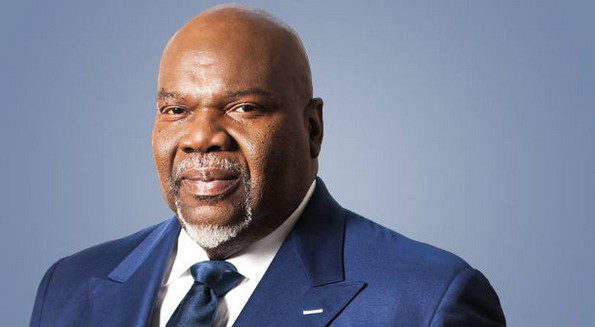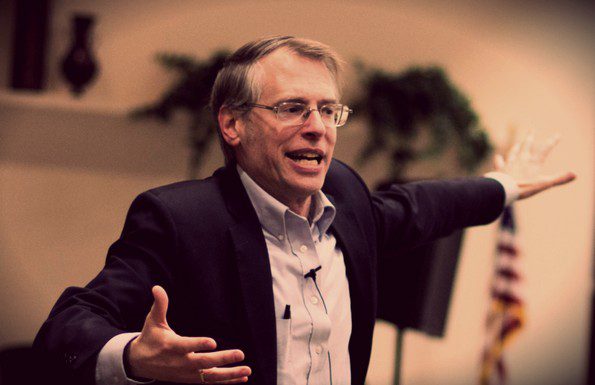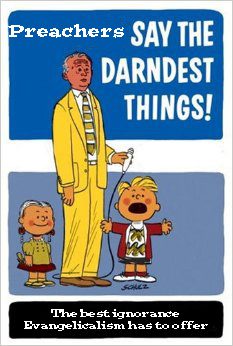
A guest post by Anonymous
As a good evangelical, I never believed in purgatory; that is until this year when I decided that I was already living there. I don’t mean in a religious sense, but rather in the sense that I am in neither one place nor the other.
For reasons I will come to, I have all but lost my faith. But, since I have a lovely wife and good friends who are Christians, I will never really be able to walk away.
I have read a few blogs written by former Christians. Nearly all of them are written by American ex-Christians. I am from the UK, and I believe that there are a number of cultural differences between churches in the UK and America. There are many flavours of Christianity, so I can’t really generalise, but what I do know is that my experience differs from that of many of people who have lost their faith. In America, it is more culturally acceptable to be an evangelical Christian — especially in the Bible belt where being a good citizen requires regular church attendance and voting Republican. My experiences in the UK, however, have been different. We don’t have a religious right, and evangelical Christians are quite rare. I didn’t knowingly meet an evangelical (Reformed) Christian until I was nineteen! In the UK, evangelicals stand out from the crowd and are a bit weird. When I first accepted the doctrine of eternal punishment in hell I was nineteen. I remember thinking, at the time, I have become a religious extremist. No one at my high school, not even the school chaplain, believed in hell!
I became an evangelical at university, having been a liberal Anglican throughout my teens. That was ten years ago. It was meeting Christians my own age who were practicing what they preached that made me take notice. Many people lose their faith and look back and criticize, very rightly, the churches they were part of. But I can honestly say that my experiences with Christians have only been positive. I love the churches I have been part of. They are full of loving, kind, generous, and self-sacrificing people. Of course, they have faults, but doesn’t everyone? I think that the best apologetic for Christianity is the church. ‘If you want your friends to know Jesus, get them to come to a church BBQ and they will see from the way Christians live and act towards each other that they have something special!’ I haven’t become disillusioned with the church — I still love the church. So what went wrong?
When I started attending an evangelical church — the church was Anglican but agreed wholeheartedly with the Westminster confession — at university I was amazed by how seriously they took the Bible. I liked the fact that they taught each passage in context, teaching congregants what the Biblical text meant for first century readers before explaining how it was applicable for us today. I liked that they used reason to understand what the Bible meant. All their beliefs were backed up by God’s word. They didn’t take a rigid, literal view, allowing texts such as Genesis or apocalyptic texts to speak, in context, for themselves. This church did not approve of visions and promptings from God. I had attended other churches in my teens where they believed God was supposed to speak to us while we closed our eyes. This church taught me that God speaks clearly to us through the Bible.
It was this supposedly solid biblical foundation that led to my undoing. My respect for the Bible led me to read it very closely and carefully. As I continued to read, I began questioning reformed interpretations of Paul’s writings. For those interested, look up James Dunn or N.T. Wright and the New Perspective on Paul. My questions didn’t make me doubt God or the Bible — only certain reformed interpretations.
This year I began to look closely at textual contradictions and passages that didn’t make sense. How did Judas die? How do you explain that Matthew seemed to think that Jesus would come back soon after AD 70? How do you explain that key doctrines developed over time?
I also began to hate — and I mean really hate — the idea of hell. I can accept that I am not perfect and that a perfect God would be right to punish evil. But, to punish someone for ever and ever and ever in a special resurrected body that has been given to them for that very purpose is sick! If the Bible clearly taught this from beginning to end I might accept it even if I didn’t like it. But, from my studies of the Bible, I can say for certain that hell is not taught in the Pentateuch. The idea of hell evolved over time and is only found in the books written after the Jewish exile. God doesn’t speak clearly in the Bible. It is a wonderful mix of different and contradictory voices — voices of men, not God.
Upon hearing of my doubts, Evangelicals tell me I just need to believe. Have faith. It doesn’t matter about the details. But this is not what they taught me! I was taught to do detailed exegesis, working out what the text means. That is the evangelical way, is it not? I have done the exegesis and I now agree with scholars like Bart Ehrman, Geza Vermes and Christine Hayes when say the text is not historically reliable. Evangelical hypocrisy is revealed when people closely study the bible and conclude the bible has contradictions. Such people are told: you are being too intellectual! You are sitting in judgement over God’s word. Isn’t that what Evangelical pastors do every Sunday? Every time you decide what you think the text is saying you are sitting in judgement of it!
So where does this leave me? I both love and hate Christianity and the Bible. I love Christians and I love the Bible as a rich literary text that gives us an insight into the development of the thoughts that have shaped western civilisation. But, at the same time I hate Christianity and the Bible. I hate the fact that because I disagree with the notion that the Bible is true that people will tell me that I am rebelling against God. I hate that people believe that hell is real and dedicate their lives to warning people about this. I hate that because of what the New Testament says my close friends and family will from now on regard me as being under the power of Satan. I hate that my wife will be devastated that I am ‘damned’ and disappointed that I won’t be able to be the spiritual head of our home. It is for these reasons I haven’t completely come out. The weird thing is that in the UK the vast majority of people think Christianity is mumbo jumbo. I just happen to be very close to people who make up the small minority that think the Bible is true. My change of heart will deeply affect my relationships with those I am closest to.
And I hate that despite all the evidence I will always have a nagging doubt that I might be wrong. And that on the last day I will have some explaining to do. For these reasons I think the rest of my life will be pretty miserable. Thanks Jesus.
Share This Post On Social Media:






